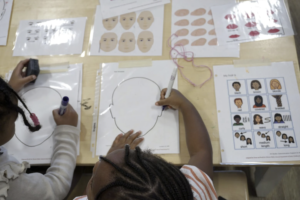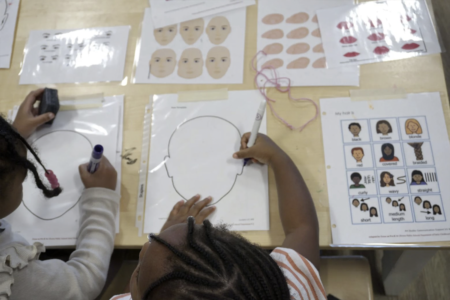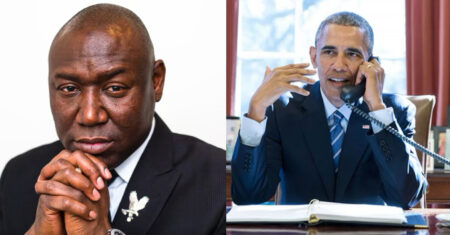By Stacy M. Brown
Black Press USA Senior National Correspondent
Trust in America’s mainstream media has fallen to its lowest level on record. Gallup reports that only 28 percent of adults say they have a great deal or fair amount of confidence in newspapers, television, and radio to report the news fully, accurately, and fairly. That is down from 31 percent last year and 40 percent five years ago. Seven in ten adults now say they have little or no confidence at all. Republicans show the deepest distrust, with only 8 percent expressing confidence in the media. Independents stand at 27 percent. Democrats, though still higher, have slipped to 51 percent, a figure that matches their previous low in 2016. Generational divides are also clear. Forty-three percent of adults aged 65 and older trust the media, but no younger age group rises above 28 percent.
For Black America, this collapse of trust in mainstream outlets is not a new story. The Black Press has been the institution that carried the truth when no one else would. It published Frederick Douglass when white newspapers tried to silence him. It carried Ida B. Wells’ anti-lynching reports when others dismissed them. It printed the images of Emmett Till when the mainstream turned away. It gave voice to Dr. King and Malcolm X when they were branded agitators. Now, as the mainstream loses credibility, the Black Press faces its own struggle to survive. Two years before its bicentennial, more than 200 family-owned Black newspapers remain, many led by women. They battle economic starvation while carrying the weight of history. Corporate America has cut advertising. Washington has withdrawn support. Even as white billionaires like Mark Cuban have reached into their pockets, many of the wealthiest Black Americans have not stepped forward. Oprah Winfrey, Michael Jordan, Robert F. Smith, Jay-Z, Rihanna, LeBron James, Magic Johnson, Tyler Perry, and others together command nearly $100 billion in wealth. Yet the institution that once defended its very humanity now fights to keep its doors open, as they’ve remained on the sidelines.
“Right now in America, we’re under attack like we’ve never been in our lifetime,” Ben Crump said at the Black Press’ Annual National Leadership Awards in Washington. “So now more than ever, we have to make sure that we have institutions that are disseminating information to our people, being the clarion call for us to be ready to stand up for our children and our communities. And nobody carries the Black narrative and the Black information to Black communities more passionately than the Black Press.” Crump pledged $50,000 to support the Black Press, structured as $10,000 a year over five years. “Everybody got to give a little more when they can. If you’ve been blessed, you got to pass the blessing on. You just can’t keep it to yourself,” Crump stated. “Because right now the Black Press is needed more than ever before.”
The institution he spoke of has never been an abstraction. In Tulsa in 1921, white mobs torched Black-owned newspapers to silence the truth. During Jim Crow, the Black Press guided families through terror and carried the voices of leaders who would shape the nation. Today, in a quieter but no less dangerous way, the Black Press is again under assault. It is being starved of the resources needed to survive, while Black women publishers carry the dual burden of keeping their papers alive under policies that have driven their unemployment to historic highs. The Gallup survey shows how far the nation has fallen. “Confidence in the mass media is historically low,” the authors wrote. “With fewer than three in ten Americans now placing trust in newspapers, television, and radio to report the news fully, fairly, and accurately.”







